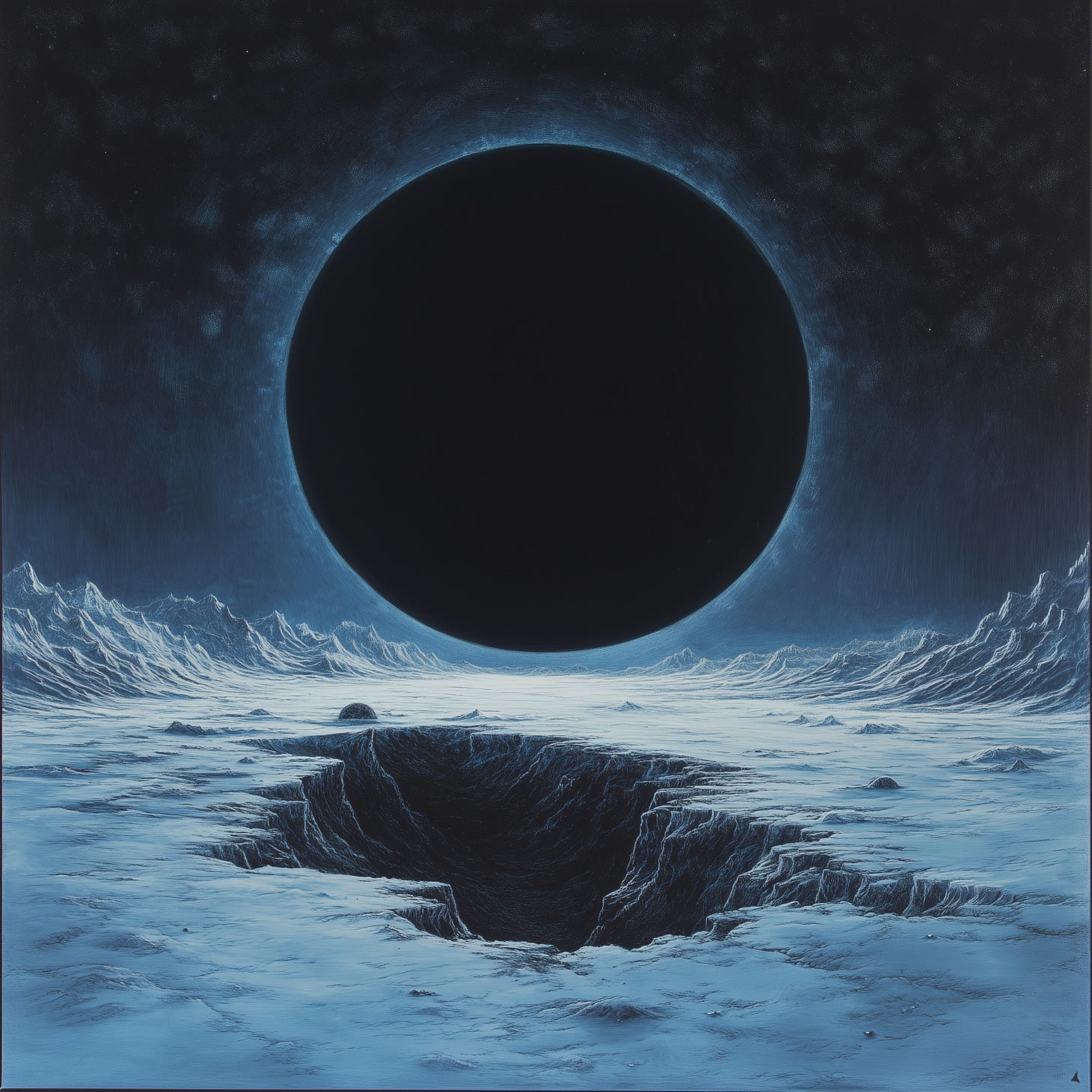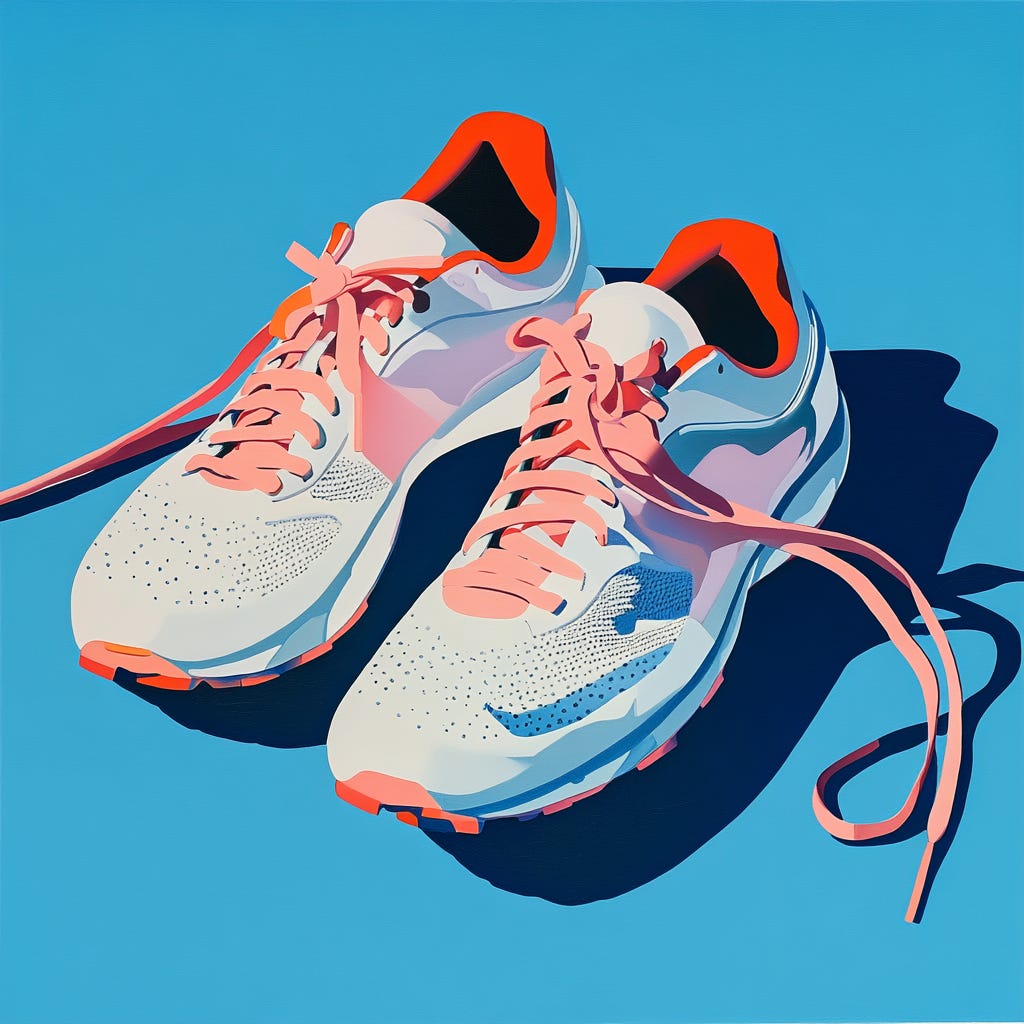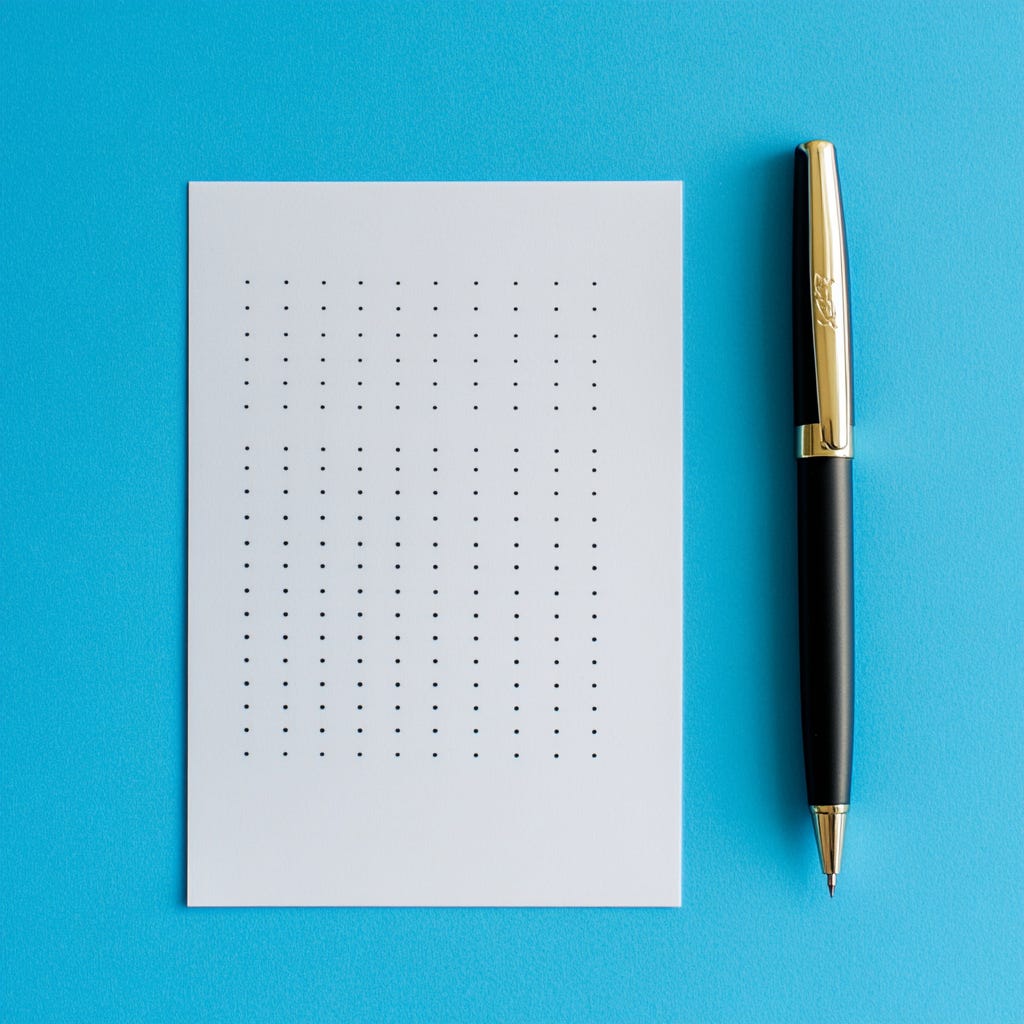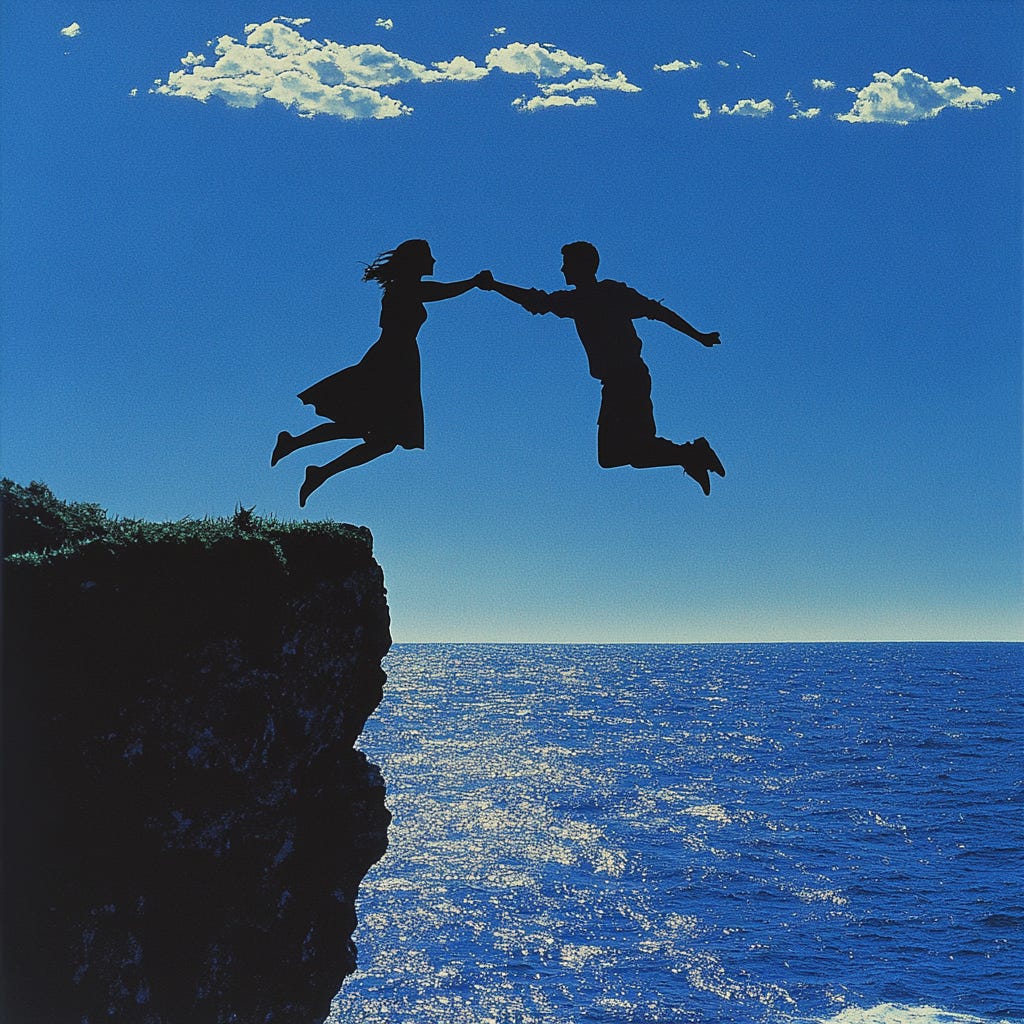Acquiring a Void
Finding peace through suffering
"I just run. I run in a void. Or maybe I should put it the other way: I run in order to acquire a void." - Haruki Murakami
More of us should heed the words of Haruki Murakami and the alleged purpose of his running habit. He talks about the randomness of thought that occurs during his runs. Thoughts without a mission or purpose. Thoughts that form like a pot of boiling water, bubbling, popping, disappearing, reappearing. These thoughts appear from the void - and it's to the void we must go if we wish to quiet them.
The Stoics, Buddhists, and Taoists were (unsurprisingly) right. Excessive thinking is suffering. It's also a naturally occurring phenomenon, like an earthquake or a tornado. Nobody wants overactive thoughts, yet they happen. And they will continue to happen, ever defiant and endlessly renewable.
"We suffer more often in imagination than in reality." - Seneca
This form of suffering never ends. You can try asking the mind to stop, but the mind won't do something that goes against its Nature. It's like asking the birds not to sing in the morning, or the seasons to remain forever Summer. We shouldn't fight Nature - Nature always wins.
Thankfully, we've invented some coping mechanisms to deal with these excess thoughts, from meditation, to lifting, to journaling, to drugs (prescription and otherwise). Different mechanisms work for different people, and some are vicious traps that will save you today and drown you in a year.
But if you find the right one, the one that works just as well today as it will a decade later, you must hold on tight. Congratulations, you've just discovered a suffer-reducing lever. Pull it once for a pleasant change of state. For Murakami, this is running.
Most sane people would agree that the very idea of waking up an hour earlier than usual, putting on running shoes, and injecting deliberate pain into your day, sounds like an odd use of one's time. They might be right. Runners don't particularly run towards anything. They're not chasing down a tired antelope or exploring for survival like our ancestors did. They just run, unceremoniously, down the block.
But to those who have experienced the void, the idea of not coming back is the real madness. The void changes you. It's a rite of transformation. It becomes a second home. I run, therefore I am.
The sane would again challenge this - isn't running just another form of suffering? It's difficult, painful, and repetitive. How could this possibly be a suffer-reducing lever?
But to those who have experienced the void, a hidden universal truth was revealed: the void is peace, disguised as suffering.
This isn't to say, you should become a runner. Rather, you should explore the states that running unlocks. Running is simply a vessel. Its purpose is to transport you to the void. And it's this once-per-day trip to the void that eliminates so much of our true suffering.
And maybe "once-per-day" sounds overwhelming. And maybe a good life shouldn't revolve around these dumb, healthy habits. But what's a good life, if not a series of good days? And what better way to ensure a good day, than to suffocate your capacity for suffering that day?
“If happy I can be I will, if suffer I must I can.” - William Faulkner
If you're convinced, you might be wondering how one acquires a void.
In a 3 word summary: Do Hard Things.
Some tips:
Ideally these Hard Things are physical in nature, not just due to the countless downstream benefits of exercise, but because the void is easier to break into with forward momentum.
When you acquire your void, you will know. Things will quiet down, time will glide by, and the day will feel better in the immediate aftermath.
You must do your Hard Thing everyday. Your lever to enter the void might be faulty in the beginning. Fortify it through repetition.
There are non-physical ways to enter the void and the main ingredient is always effort: follow your burning curiosity to beyond the rabbit hole, create something for someone with as much excellence as you can muster, host a dinner party for the people in your life that energize you.
You, me, and Murakami are all unique individuals and our void vessels may look completely different. For Murakami, running just hit different and he understood that truth deep in his soul. The only hope we have to finding our version of Murakami's running is to TRY EVERYTHING. But not in a chaotic, careless way. Instead, try everything and pay attention to the whispers of the void.
Tennis could be your thing. Repeatedly hitting a ball with a racket could activate the right combination of neurons in your brain to send you hurtling at light speed into your void - but you will never know until you pick up a tennis racket and take a chance.
This seems obvious on paper, but is surprisingly difficult in practice. Attempting something new opens you up to the painful social and emotional cost of looking like an idiot. And it's this cost that stops many of us dead in our tracks, whenever we get the silly idea of trying something new.
But can we reframe the idea of "looking like an idiot" to be beneficial to our growth? Can we rework our mental model so that the potential reward greatly outweighs the cost? It turns out you can, because it turns out that the fear of looking like an idiot is a shared human experience.
The embarrassment of being a beginner is a price you, me, and Murakami have to pay whenever we try something new. Even the olympic athlete, who has arguably achieved the pinnacle of athletic excellence, has looked like a relative idiot on their beginning attempts. They've all paid the price, so why shouldn't we?
It's when we pay this price, that life gives gives us a symbolic plane ticket to an unknown destination. And just like in real life, we can't rely on bloggers, reviews, or even locals to determine if we'll like where we're going. It's only when we make the trip ourselves that we learn the truth. This trip could generate a lifetime of memories, or serve as a layover on the way to something bigger - the outcome is a tossup and there are no guarantees. Well, except the one: you'll never know unless you take that first, brave step.
Perhaps the precursor to Do Hard Things, is to Do Scary Things. And perhaps in the process of acquiring the voids that serve us, we'll have filled the voids that don't.





